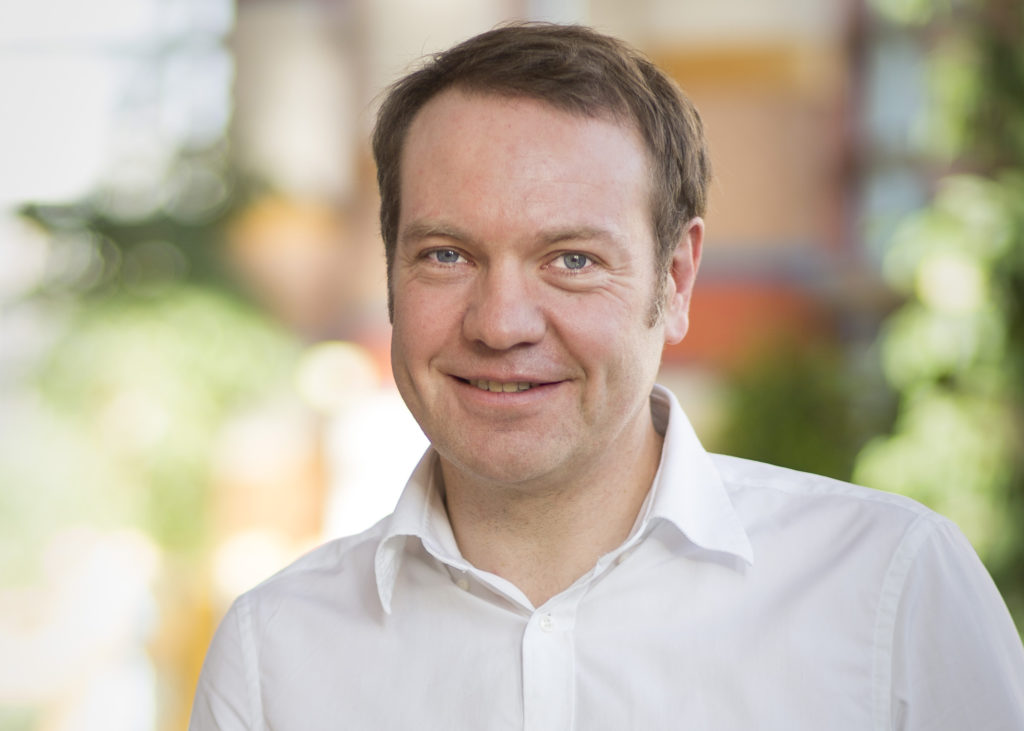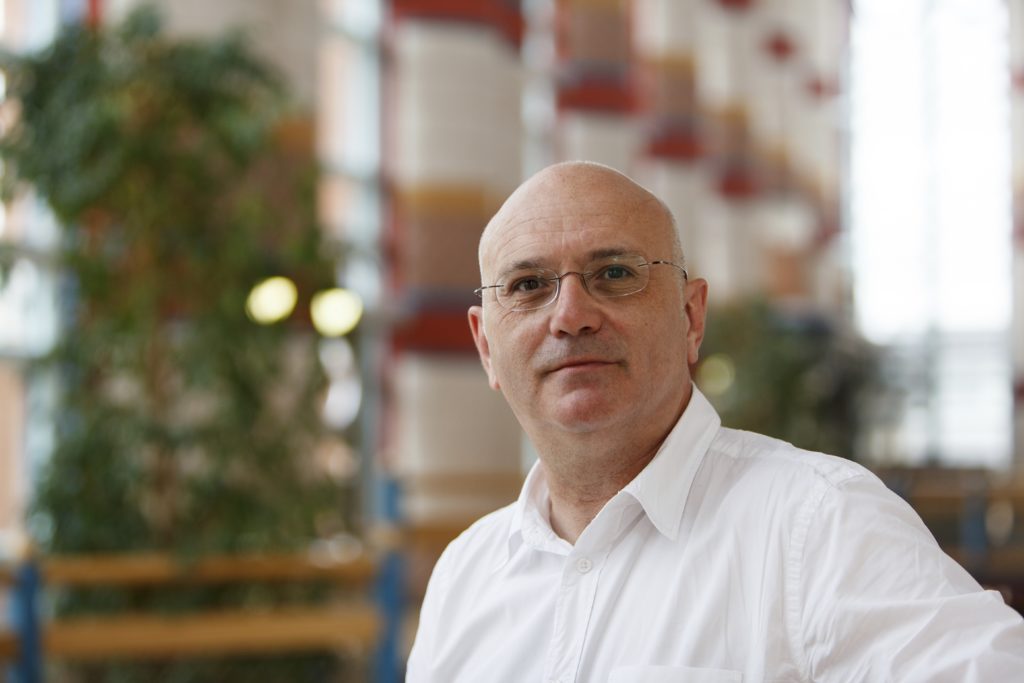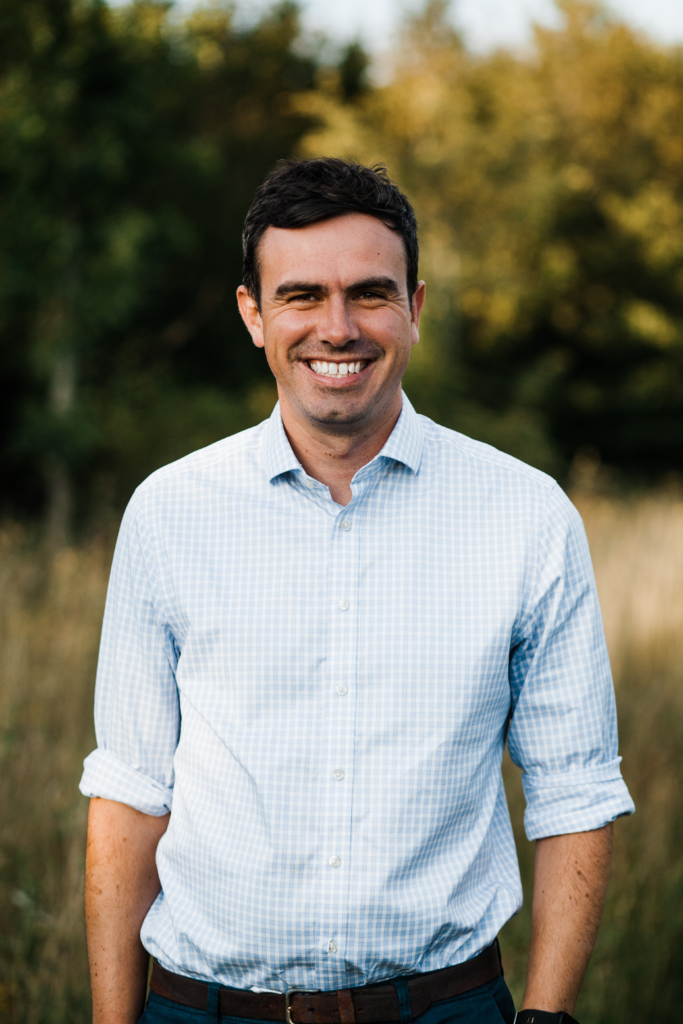
The Social Ideas Podcast
The Social Ideas Podcast shares the impact of social innovation, its necessity and its capacity to challenge the status quo. Throughout this series, highly committed change makers in business, civil society, policy and academia will talk about their work, their ideas and their motivation to strive towards to a more equitable and sustainable world.
Organisational stigmatisation
This suggests that when an organisation experiences stigma – an extreme kind of social disapproval defined as “a collective stakeholder group-specific perception that an organisation possesses a fundamental, deep-seated flaw that deindividuates and discredits the organisation” (Devers, Dewett, Mishina, & Belsito, 2009: 157) – the effects on organisational identity will be especially significant because accepted constructions of identity may be fundamentally challenged.[1] Managing the Consequences of Organizational Stigmatization: Identity Work in a Social Enterprise (Paul Tracey & Nelson Phillips)

The stain of stigma
A study about organisational stigma, co-authored by Professor Paul Tracey from Cambridge Judge Business School and Professor Nelson Phillips of Imperial College Business School, focused on how organisations can rebuild their identities by positively challenging the stigma they may face from their communities and employees.
The focal point of the article, ‘Managing the Consequences of Organizational Stigmatization: Identity Work in a Social Enterprise’, was an analysis of the Keystone Development Trust, a social enterprise in the East of England, which stood by its decision to continue its support of a migrant community, despite increasing opposition from locals.
In 2011, Professor Tracey spent some months volunteering at Keystone; the fact that he was there to conduct field research was made clear to all. However, during his time at the social enterprise, it became apparent that a programme designed to deliver support for a group of migrants was inciting an already fractured community to further unhappiness, seemingly deepening the divide between the locals and migrants. The development trust and its identity became the centre of the frustrations, not just from outside its walls but also from within, as some staff began to question the focus of the organisation’s aims and purpose.

At the time of the study, Dr Neil Stott was the Chief Executive of the Keystone Development Trust and Professor Paul Tracey was (and still is) Professor of Innovation and Organisation at Cambridge Judge Business School. Both are now the Co-Directors of the Cambridge Centre for Social Innovation.
The podcasts
In the first of two episodes dealing with the issues of organisational stigma and the resulting challenges of re-constructing an identity, Professor Paul Tracey and Dr Neil Stott (co-authors of Organizing and Innovating in Poor Places[2]) talk about the incident that led to the stigmatisation of Keystone; they also discuss what the leaders of the organisation did to both challenge and allay the distrust they faced from some of their staff and from the community.
In the second episode, we turn our attention to the King’s Arms Project[3], in Bedford, UK, a charity which provides ‘… Outreach, Accommodation and Opportunity …’ for homeless people. Simon Dwight is the CEO of the organisation and, in addition to his challenging and fulfilling job, he is also a student of our MSt in Social Innovation.
The final requirement of our students is a dissertation, and Simon decided to use his knowledge and experience to underpin his research into the stigma faced by homeless people. In doing so, Simon found that there are other forms of stigma to be challenged: the caution and distrust between homeless people, and their feelings towards the charities and organisations that aim to provide support for them.

Resources
[1] https://journals.aom.org/doi/abs/10.5465/amj.2013.0483
[2] https://www.tandfonline.com/doi/full/10.1080/14479338.2017.1358093


Crispin Wigfield
Great podcast Simon. Some very interesting issues. Communication, Community & Relationships may be frequently encountered themes when studying the effects of stigma. In my own research I got the impression that a “dose” of organisational stigma had different potencies depending on the opportunity to make choices and the relationships that are constructed. Having the choice or opportunity to belong to a particular community or institution can help people navigate their way through stigma. Really sad to hear how fast drug dealers get to newly homeless people. If one seeks something / someone out then they may be found. That we wait for drug dealers to find vulnerable individuals suggests to me that our society should make more effort or allocate more resources to look out for vulnerable people.
GeoYP
Well done, Pam Mungroo. Good Pod cast of around 24 minutes. I believe that further study can be done on organisational stigma. It’s often difficult to rebuild identities positively challenging the stigma.
Pam Mungroo
Thank you, I really appreciate the feedback.
Pam